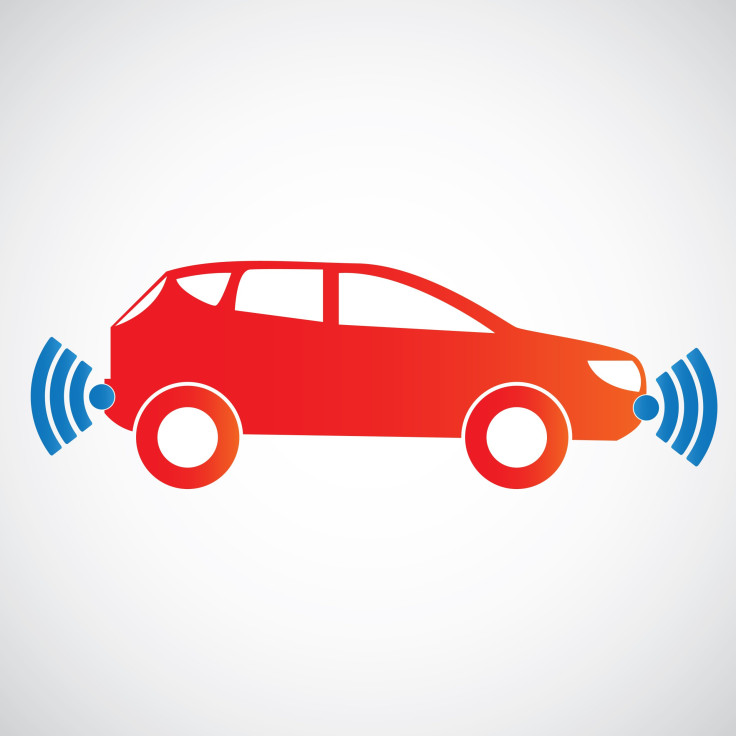Smart Cars Will Have Teens Back Home By Curfew And Reduce Teen Driving Deaths — Once They're Created, At Least

When we think about the impending reality of smart, self-driving cars, we can't help but focus on its most flashy, futuristic aspects. The smooth, hands-free locomotion, the wireless communication with other cars as they travel along motorways, and the instantaneous recognition of obstacles, including those breathing, which enable them to respond at a second's notice.
But smart cars will belong to very human owners, and these owners will have very practical needs. In the case of parents with teens, those needs will include bringing their kids back home by curfew, according to a survey conducted by Carnegie Mellon University researchers.
Polling 1000 people, ages 17 to 70, the authors asked about what sort of parental controls they would want implemented in autonomous cars someday. Across the board, 84 percent of respondents were a-okay with being able to set the car’s speed limit and curfew time, as well as controlling the number of passengers allowed in the car. 64 percent would go as far as being able to control how far and wide out their teen could drive, and another 60 percent wanted their smart car to display texts from the parentals in order to communicate with teen drivers.
Perhaps surprisingly, both young and old were into the former features, with 81 percent of those 18 to 24 in favor of speed, passenger and curfew controls. It might be that even among the younger, the reputation of young inexperienced drivers precedes them. As the Centers for Disease Control and Prevention (CDC) note, while teenagers represent only 14 percent of the population, they make up about 30 percent of the annual total costs of motor vehicle injuries, among both men and women. That’s a $19 billion and $7 billion price tag respectively, though those numbers pale in comparison to the 2,534 motor vehicle fatalities seen among teenagers in 2013. As the authors explain, these accidents are almost certainly tied to teens’ penchant for speeding and getting easily distracted, so these features may save more than their fair share of lives. Once they actually exist, that is.
The young’ins were decidedly split on being fenced in though, with only 54 percent in favor of allowing their car to set limits on the geographical range they could travel. On the opposite end of the spectrum, just 53 percent of people aged 56 to 65 wanted the option to remind their kids to bring skim, not whole, milk back home from the local Costco’s via text, while nearly 70 percent of 18 to 24-year-olds were all for keeping in close contact.
From providing the elderly the opportunity to once again independently travel to bringing our teenagers home safe at a respectable time, it seems that as cars evolve, so will the relationships we hold with them.



























